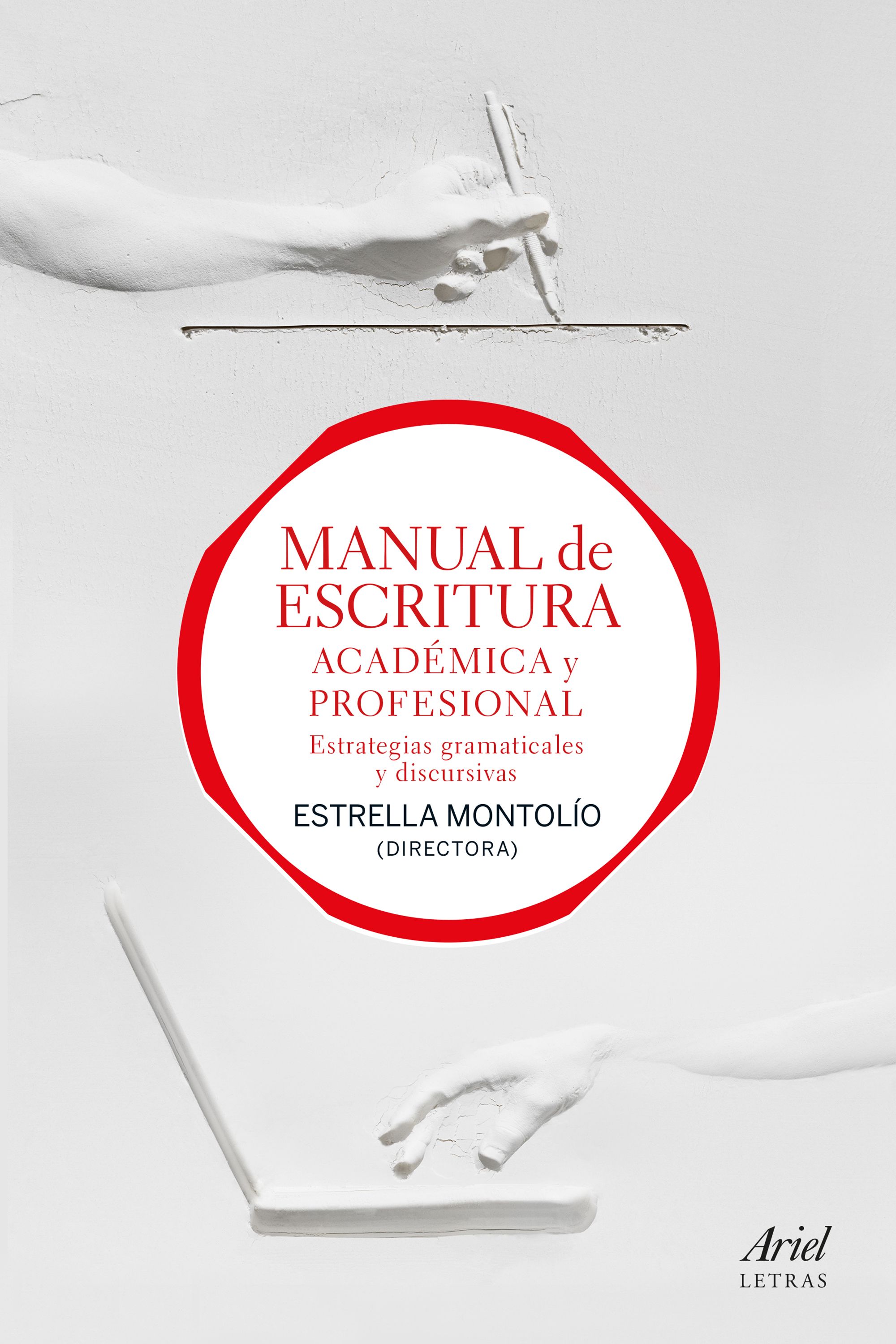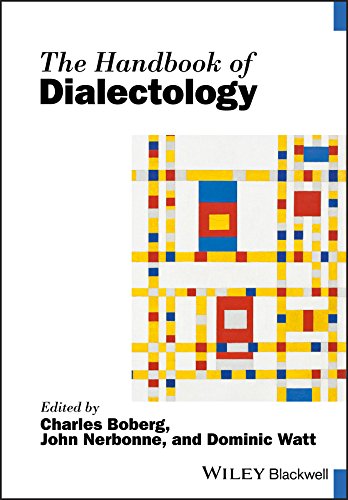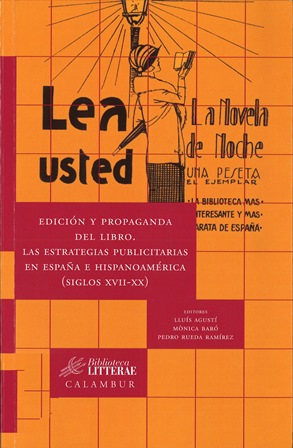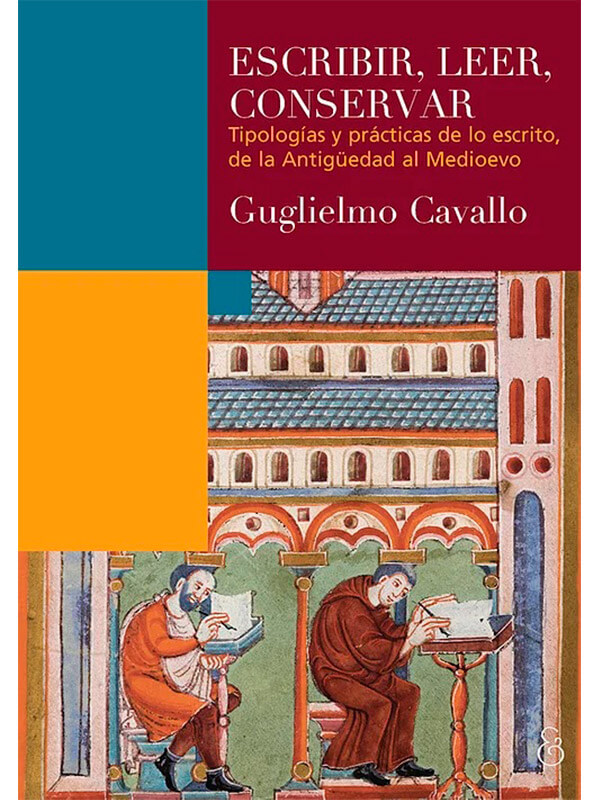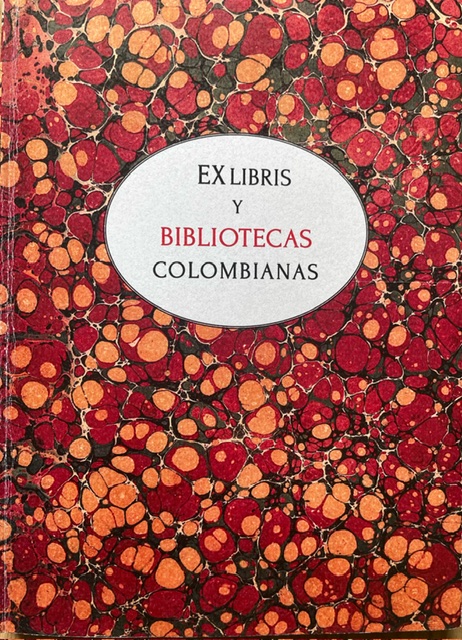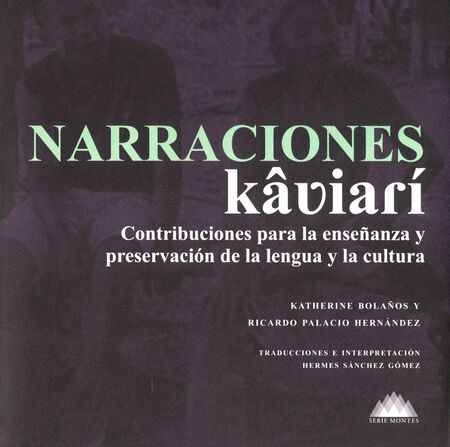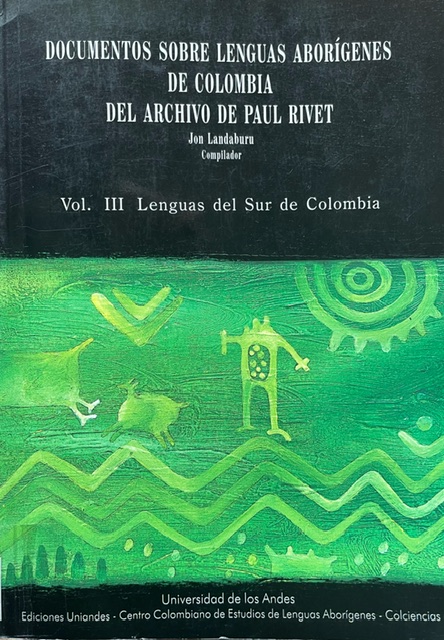| 000 -Líder |
|---|
| Campo de control de longitud fija |
04559nam a22003137a 4500 |
| 003 - Identificador del número de control |
|---|
| campo de control |
CO-BoICC |
| 005 - Fecha y hora de la última transacción |
|---|
| campo de control |
20190625091219.0 |
| 008 - Elementos de longitud fija -- Información general |
|---|
| Campo de control de longitud fija |
190113t1997 xxu||||fr|||| 00| 0 eng d |
| 020 ## - ISBN |
|---|
| Número Internacional Normalizado del libro (NR) |
9781899396603 |
| 040 ## - Fuente de catalogación |
|---|
| Agencia de catalogación original |
CO-BoICC |
| Idioma de catalogación |
spa |
| 041 0# - Código de idioma |
|---|
| Código de idioma para texto/pista de sonido o título separado |
eng |
| 082 04 - Número de clasificación decimal Dewey |
|---|
| Número de la edición |
22 |
| Número de clasificación |
428.24 |
| Signatura librística |
L673i |
| 100 1# - Entrada principal -- Nombre personal |
|---|
| Nombre personal |
Lewis, Michael, |
| 245 10 - Mención del título |
|---|
| Título |
Implementing the lexical approach : |
| Parte restante del título |
putting theory into practice / |
| Mención de responsabilidad, etc. |
Michael Lewis ; with classroom reports by Cherry Gough, Ron Martínez, Mark Powell, Jonathan Marks, George Woolard, Heinz Ribisch |
| 260 ## - Publicación, distribución, etc. (Pie de imprenta) |
|---|
| Lugar de publicación, distribución, etc. |
Reino Unido : |
| Nombre del editor, distribuidor, etc. |
Heinle Cengage Learning, |
| Fecha de publicación, distribución, etc. |
1997 |
| 300 ## - Descripción física |
|---|
| Extensión |
223 páginas ; |
| Dimensiones |
25 cm. |
| 504 ## - Nota de bibliografía, Etc. |
|---|
| Nota de bibliografía, Etc. |
Incluye referencias bibliográficas. |
| 505 0# - Nota de contenido con formato preestablecido |
|---|
| Nota de contenido con formato preestablecido |
What is the lexical approach?. -- Introduction. -- What is Lexis?. -- Sentences with special status. -- Reactions to The Lexical Approach. -- What changes can we expect?. -- Understanding lexis. -- Arbitrariness of lexical items. -- The size of the mental lexicon. -- Vocabulary is more than words. -- Words. -- Contractions. -- Polywords. -- Information content. -- Common words. -- De-lexicalised words. -- Collocations or word partnerships. -- Collocation is linguistic, not thematic. -- Arbitrariness of collocation. -- Collocations in text. -- Partnerships and relationships. -- Non-reciprocity of collocation. -- Information-content and collocation. -- Strong and frequent collocation. -- Collocation and grammar. -- Pedagogic value of collocation. -- Expressions. -- Lexical awareness helps. -- So what exactly is lexis, then?. -- Lexis is not enough. -- Evolving understanding. -- Lexis in the classroom. -- Skills as well as language. -- Selecting. -- Expanding the learners' lexicon. -- Learning strategies. -- Recording and revisiting. -- Practicing in the lexical approach. -- Learner participation. -- The value of repetition. -- Noticing. -- Consciousness-raising. -- The importance of negative evidence. -- The central strategy: pedagogical chunking. -- The role of L1 in the lexical approach. -- Translation is inevitable. -- Learning L2 is not identical to learning L1. -- Translation and lexis. -- Translation and collocation. -- The value of translation. -- Interference can be helpful. -- L1 awareness as a resource. -- Organising lexis. -- Principles. -- Notebooks. -- Exercises n the lexical approach. -- Exercises designed on lexical principles. -- Basic exercise types. -- Sample exercises. -- Adapting activities to provide a lexical focus. -- Sample activities. -- Classroom reports. -- Report 1: Introducing collocation / Cherry Gough. -- Report 2: Developing awareness of a de-lexicalised verb / Ron Martínez. -- Report 3: Sound scripting / Mar Powell. -- Report 4: Pronunciation in the lexical approach / Jonathan Marks. -- Report 5: Using literature / George Woolard. -- Report 6: Lexical notebooks / Heinz Ribish. -- Language content. -- Language areas deserving more attention. -- Modality. -- Vague language. -- Plywood phrases. -- Discourse-organizing language. -- Complex noun phrases. -- Even-reporting verbs. -- Events described in double-clause sentences. -- Responding and initiating. -- Lexical patterns. -- Real English and the classroom. -- Possible and probable English. -- Models and targets. -- Is there a core lexicon?. -- Lexical balance. -- Prototypicality. -- The existential paradigm. -- Teachers and teacher training. -- Background. -- The nature of the subject. -- Teachers need confidence with real English, not just EFL. -- Teachers' attitude to novel or unknown language. -- Ability to simplify their own speech. -- Methodology based on a realistic timetable. -- Lexis in teacher training. -- Deep understanding of the arbitrariness of the sign. -- Memory load. -- Confidence with pedagogical chunking. -- Choosing text-types. -- Lexical principles and texts. -- Implementing change for serving teachers. -- Familiarity with modern dictionaries. -- What would a lexical lesson be like?. -- Some central ideas. -- Some challenges to serving teachers. -- What next. -- Lexis in dictionaries. -- Lexis and grammar. -- The importance of spoken language. -- Lexis, grammar and phonology. -- The integrated approach. |
| 541 ## - Nota de fuente inmediata de adquisición |
|---|
| Fuente de adquisición |
TEMIS |
| Método de adquisición |
Compra |
| Fecha de adquisición |
05/10/2018 |
| Precio de compra |
Factura - 18-416 |
| 650 17 - Asiento secundario de materia -- Término temático |
|---|
| Fuente del encabezamiento o término |
ARMARC |
| Término temático o nombre geográfico como elemento de entrada |
Inglés |
| Subdivisión general |
Vocabulario |
| -- |
Enseñanza |
| 651 ## - Asiento secundario de materia -- Nombre geográfico |
|---|
| Fuente del encabezamiento o término |
ARMARC |
| Nombre geográfico |
Inglés |
| Subdivisión general |
Enseñanza |
| -- |
Estudiantes extranajeros |
| 700 1# - Asiento Secundario--Nombre personal |
|---|
| Nombre personal |
Gough, Cherry, |
| 700 1# - Asiento Secundario--Nombre personal |
|---|
| Nombre personal |
Martíne, Ron, |
| 700 1# - Asiento Secundario--Nombre personal |
|---|
| Nombre personal |
Powell, Mark, |
| 700 1# - Asiento Secundario--Nombre personal |
|---|
| Nombre personal |
Marks, Jonathan, |
| 700 1# - Asiento Secundario--Nombre personal |
|---|
| Nombre personal |
Woolard, George, |
| 700 1# - Asiento Secundario--Nombre personal |
|---|
| Nombre personal |
Ribisch, Heinz, |
| 942 ## - Tipo de Material (KOHA) |
|---|
| Tipo de Item |
Reserva |




